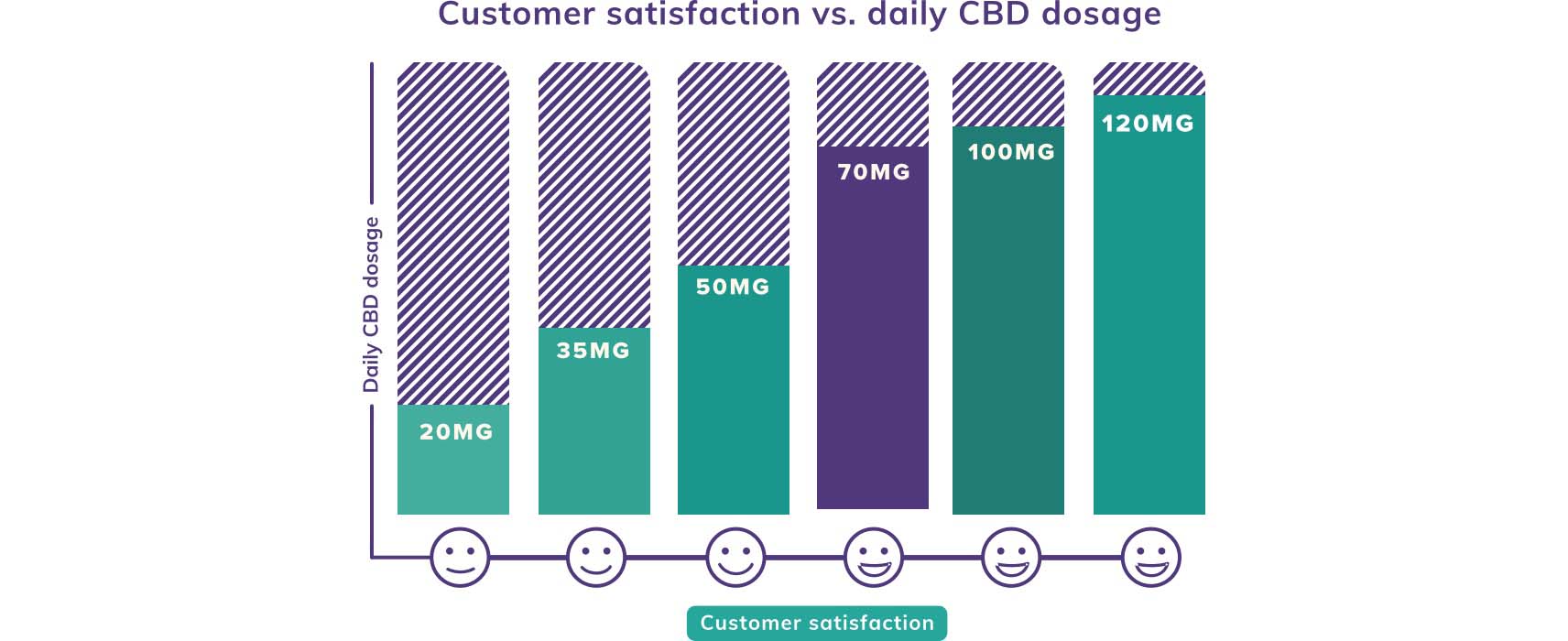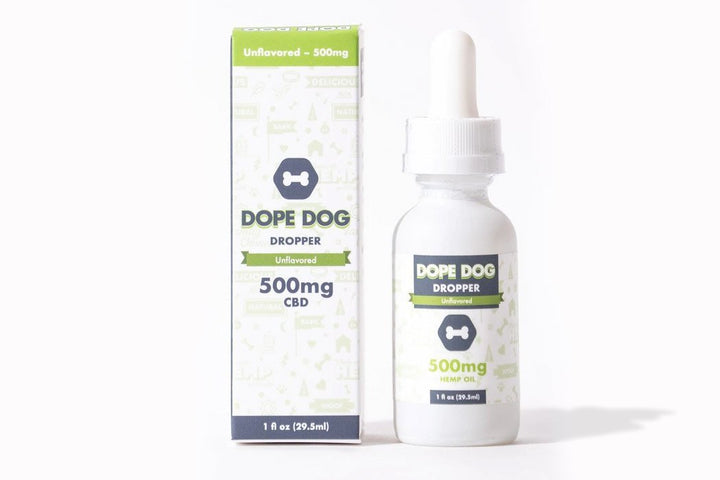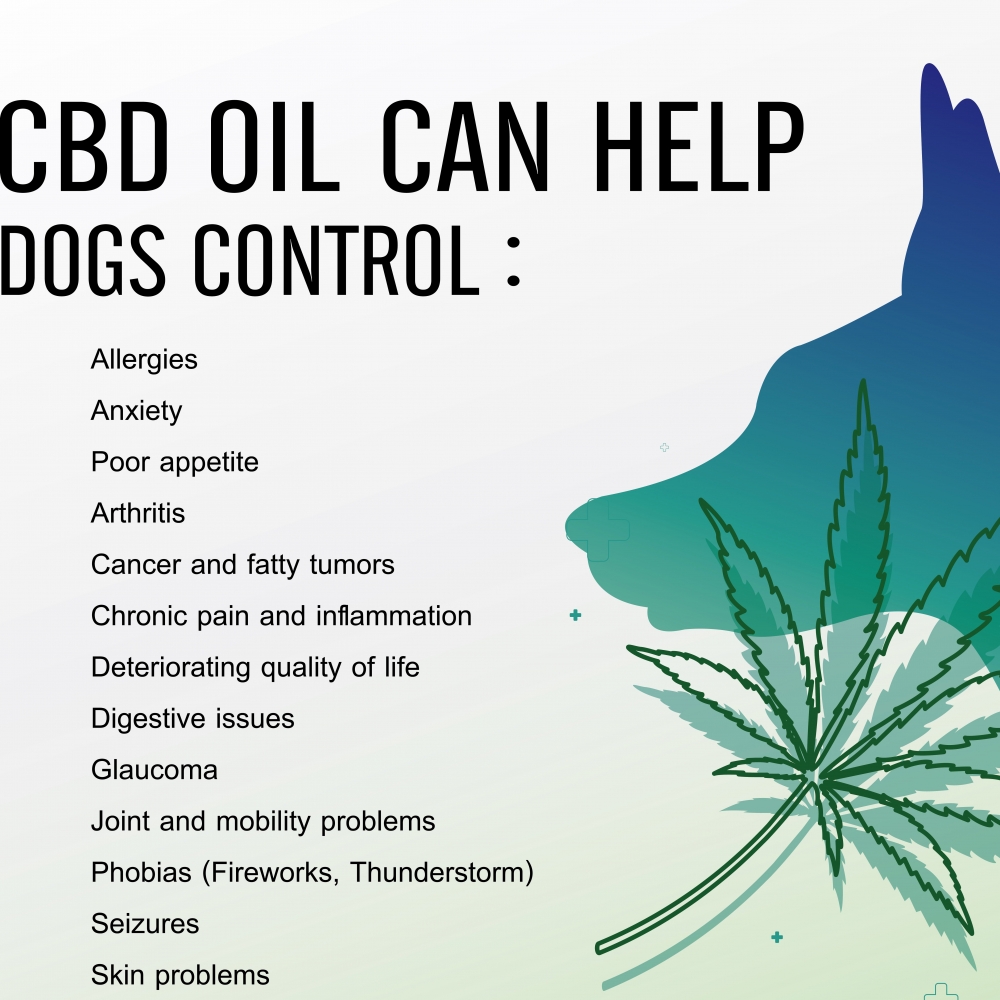
Hemp seed oils are an edible oil rich in low-saturated and polyunsaturated fats. It is low in smoke and can be used as a food supplement and dietary oil. Hempseed oil's nutritional value is expressed as a percentage of total fat. The oil is not suitable to be fried and is usually used as a supplement or food.
Protein high
Both hemp oil and hemp seeds are sources of protein. Both products are plant-based, so they are suitable for vegetarians, vegans, and those on a macrobiotic diet. They are also free GMOs, and allergens. Hemp seeds have an easy-to-use neutral flavor that can be incorporated into your everyday cooking.
Hemp seeds are rich in essential fatty acids and minerals that help to support the immune system. They can also increase the production of antibodies that fight bacteria. Hemp hearts contain both omega-3 and 6 fatty acids. Hemp seeds are organic and plant-based so they are an excellent source for protein.
Additionally, seeds contain both soluble and insoluble fibre that feeds beneficial bacteria in the stomach. This can lower cholesterol and spikes in blood sugar. High-fiber foods can also help relieve constipation. Hemp seeds also contain all essential amino acid. These seeds can be considered a complete source of protein for women who have PMS.
Hemp seeds have many benefits that have led to increased interest in this protein-rich plant. It is a great source of nutrition and tastes delicious. Furthermore, hemp seed protein has a lower carbon footprint than animal protein. Hemp seeds could be used to meet the nutritional needs of vegans and vegetarians.
Hemp seed is second to soybeans when it comes to protein content. A high-protein diet helps the body build muscle. Hemp seed is also one of the easiest to digest proteins. And, hemp seed also has omega-3 fatty acids and linoleic acid, which are both essential for the body.
Fiber is high
Hemp seeds provide a good source of protein as well as fiber. They also contain a variety of vital vitamins and mineral. Hemp seeds also contain gamma-linolenic, or GLA, an important fatty acid that helps improve cardiovascular health. Experts recommend a ratio of 3:1 to 4:1 for omega-3 and 6 fatty acids. Hemp seeds are naturally in line with these recommendations. This can help prevent heart attacks, strokes, or other vascular diseases.
Hemp seeds have another great benefit: they help with constipation. Because they are rich in both soluble and insoluble fibre, this helps to improve your digestion by drawing more water into the stool. Hemp seeds can also be used in salads and added to oatmeal and smoothies. You can also add them to homemade protein bars.

Hemp seed has a ratio of 3:1 between ALA and LA. The exact ratio can vary from variety-to-variety. Galasso, along with his colleagues, compared 20 types of hemp seeds. They found that CAN24 was the lowest LA/ALA percentage, at 1.63. CAN40, with a ratio 2.63, followed closely by CAN40, which had a ratio 2.63. FINOLA, with a ratio 3.00, was the highest LA/ALA proportion.
Food labels often list the hemp seed's protein or cellulose content. Due to differences in terminology and methods, it can be difficult for people to understand these numbers. To get the correct information, read the label carefully. Most scientific papers report fiber content in terms acid or neutral-dish detergent fiber. The former includes cellulose, lignin and xyloglucan; the latter only contains cellulose and lignin.
Hemp seeds contain a lot of fiber and protein. Hemp seeds are also rich in lysine (which is important for the body) and cysteine (which are important for the body). In fact, hemp seeds have higher levels of these amino acids than most other proteins. Hemp seeds also contain bioactive peptides as well as other antioxidants.
High levels iron
Sesame seed, also known by the name hemp seed, is high in iron and low in carbs. It is also high in monounsaturated oils. It is an excellent source of iron and can be used as a vegetarian food. It can be added to salads, stir-fries, porridge, or smoothies. Cocoa is another high in iron food. Dark chocolate contains around 40% of the recommended daily iron intake.
The majority of people can get their daily iron intake from meat and dairy. Vegetarians should eat more green leafy vegetables and legumes. Tofu and mushrooms are rich in vitamin C which aids in iron absorption. To help your body absorb iron better, high-iron foods should always be fermented or soaked.
Supplements are available if you're in need of additional iron. Before you start an iron supplement, consult your primary care provider. A hemp seed-based protein or oil from Victory Hemp Foods can be a great way to boost your iron intake. Additionally, hemp seed offers many health benefits including high levels of vitamin E.
About 30% of your daily iron requirement can be found in hemp seeds. They are also high in protein, magnesium, potassium, and zinc. They are also great sources for omega-3 and Omega-6 fatty acid. These seeds are great for adding to salads, smoothies, or cereals. These seeds can also serve as baking ingredients.
Iron is an essential mineral for human health. Low iron levels can lead you to have serious health problems. You may have difficulty performing cardio workouts or other activities if you have a low iron level.
High in zinc
Hemp seed is a great source for zinc and a wonderful addition in your diet. It is high on fiber, iron magnesium, protein and other nutrients. It is versatile and can be added to yogurt, smoothies, and salads. Its unique flavor is excellent for a wide range of recipes. Hemp seed is a natural, gluten-free replacement for breadcrumbs.
Other foods rich in zinc include sesame, pumpkin, sunflower, and chia seeds. A quarter cup worth of pumpkin seeds can provide about 2.7mg of zinc. While a single ounce of Chinese chia beans provides approximately 1.3mg of zinc. Chia seed are also high in fibers and phosphorus. They are excellent for energy maintenance and helping to keep you fuller for longer.

Beans are another great source of zinc. One cup white beans can provide 1.6 mg zinc, while half the cup of kidney beans will give you 1.9 mg. Beans are rich in fiber, which supports bone health. They also contain iron, phosphorus as well as magnesium. Hemp seed is another great source of zinc. A cup of Hemp Seeds has nearly 3mg of zinc.
Zinc was traditionally derived from animal products. Zinc is easily absorbed by animals because it is not contaminated with compounds that could hinder its absorption. Zinc absorption is also improved by animal products that contain sulfur-containing amino acid. However, hemp seeds contain high amounts of zinc, which is why they are so popular among vegans.
In addition to hemp seed, there are several other foods rich in zinc. Lamb, for example, contains four milligrams per serving, which is more than half of the recommended daily intake for zinc. Additionally, chickpeas are another source of zinc. These legumes are rich in fiber as well as phosphorus. These legumes are also good sources of iron and magnesium.
High levels of omega-3 fatty acids
Hemp oil is rich with omega-3 fatty acids. This is essential for a healthy baby and a healthy pregnancy. It can even be used to prevent depression in mothers. There are potential side effects to hemp seed oil. Hemp seed oil may be helpful in pregnancy and childbirth. But, excessive consumption can lead to low blood sugar, which can increase the risk of complications, or even death, during surgery.
The oil from hemp seed is high in omega-3 fatty acids and is beneficial for skin health. It has anti-inflammatory and antioxidant properties. Hemp seed oil is a good addition to your diet if you're suffering from eczema or atopic dermatitis. Hemp seed oil also strengthens the skin and makes it more resistant to infection. Hemp seed oil has many benefits, including the ability to lower blood pressure.
It is best to use hemp seed oil as an oil. This oil can also be added to smoothies, mixed in with nuts, or used as an oil on pasta and bread. This oil has a 3:1 ratio of omega 3 and 6 fatty acids. This is a crucial ratio for healthy eating. Hemp oil is an excellent way to obtain the fatty acids your body requires without compromising taste and texture.
Research has shown that hemp seed oil is rich in polyunsaturated fatty acids. It contains between fifty percent and seventy-five percent linoleic and a small amount of omega-6 oils. Hemp seed oil can be considered healthy due to its ratio of omega-6 and omega-3 fatty acid to between three and five.
FAQ
Is the CBD industry growing?
The answer is yes! This growth is expected to continue as legalization expands across North America. Canada was the first country to legalize recreational cannabis use. Several states also have medical marijuana laws.
This trend is expected to continue for at most another decade, as more states pass legislation that allows access to medical marijuana.
Economically, legalizing marijuana makes economic sense. Legalizing pot has many other advantages, including a new market that is lucrative for farmers.
It could help decrease crime rates by reducing illegal drug availability. It could also be a source for tax revenue.
As legal weed becomes more popular, many people will choose to reduce their alcohol consumption. This would reduce hangovers and increase health care costs.
In addition, marijuana might actually improve the quality of life for those who suffer from chronic pain. Many believe that the active ingredient in marijuana, THC, helps relieve symptoms such as muscle spasms and nausea caused by chemotherapy.
Finally, marijuana might become a valuable tool for treating mental illnesses such as depression and anxiety. Some studies have shown that marijuana can treat schizophrenia.
Even though the CBD industry looks promising, there are still many challenges to be overcome.
Which states use the most CBD?
The top three states are California, Colorado, and Oregon. These states have large populations, high incomes, and low unemployment rates. They also have a higher number of hemp farms compared to other states.
California is the leader because its economy is heavily dependent on agriculture. It produces the majority of the nation’s fruits and veggies. This makes sense since cannabis is derived from the same plant as hemp.
Oregon and Colorado are closely followed by Oregon, both of which produce marijuana for medical use. California and Oregon, however, don't allow recreational use of marijuana.
Other highly ranked states include Washington and New York, Florida, Illinois. Pennsylvania. Mississippi.
What is the size of the global CBD market?
Euromonitor International reported that the global CBD market was valued in 2015 at $US3.5 billion. This represents a 10% increase from 2014.
The report predicts that this figure will grow by 12% annually to $US6.4 billion in 2020.
CBD products will make up around half of all products derived from hemp by 2020.
This includes CBD oils and other CBD products like food, beverages, cosmetics and pet care items.
What's the future for the CBD industry?
The future of the CBD industry is bright. It is easy to see why this sector is so popular. With CBD products accounting for over $1Billion in global consumer spending, it is easy to see how the market is growing exponentially.
Statista predicts that global sales of cannabidiol in 2019 will reach $22.4 million. That's almost 200% more than in 2018!
It is also expected that the CBD market will grow at a compound annual growth of 22.5%. That would translate to approximately $6.8 million in revenue by 2020.
This is great news not only for existing businesses but also for companies looking to get into the sector. The CBD market is still young and may face challenges.
Statistics
- The use of these products is likely to become even more widespread if the World Health Organization's recommendation that CBD no longer is scheduled in the international drug control conventions is adopted by the United Nations member states [201]. (ncbi.nlm.nih.gov)
- While the primary injury may not be treatable, interventions that attenuate secondary sequelae are likely to be of benefit [203].Only one study (ncbi.nlm.nih.gov)
- As a substance that was federally illegal before the passage of the 2018 Farm Bill, hemp-derived cannabinoids with no more than 0.3% THC still face a regulatory grey area. (forbes.com)
- HR −16 mmHg; 95% CI −26, −6; I2 = 92%) (ncbi.nlm.nih.gov)
- OralWhere HED is the human equivalent dose, and Km is a correction factor estimated by dividing the average body mass (BM) of the species (60, 0.020, and 0.150 kg for 11 humans, mice, and rats, respectively) and by its surface area (see: Nair et al. (ncbi.nlm.nih.gov)
External Links
How To
What are the main issues with the CBD industry.
The market for CBD is growing at an astonishing rate. But, businesses who want to enter this market still face numerous challenges. These include a lack consumer awareness, high-cost entry, limited access capital and regulatory uncertainty.
Many consumers do not know what CBD is or how it works. This makes it difficult for consumers to make informed decisions on whether or not they want CBD products.
Most CBD companies rely heavily upon word-of mouth marketing. This is expensive because it requires paying for advertising and hiring staff to promote their brand.
Another problem for new entrants to CBD is the high price of production. CBD products require a lot of raw materials. For example, hemp needs to be grown in specific climates and soil types before it can be processed into CBD oil.
To grow enough hemp for CBD oil production, it costs approximately $1,000 per acre. As a result, many small farmers cannot afford to start.
The lack of capital access is another obstacle new entrants to the CBD market face. Banks discourage many people from starting a business because of the stigma attached to this industry.
There is also regulatory uncertainty around the sale of CBD products. There are currently no clear guidelines regarding how CBD products should be marketed.
Although states have passed laws restricting CBD products sales, these policies are not yet national.
Only Nevada, Maine, and Nevada have legalized recreational pot.
Massachusetts and Michigan have considered similar measures.
These changes could mean that CBD manufacturers will be more competitive.
Many entrepreneurs prefer to work at home over starting a business.